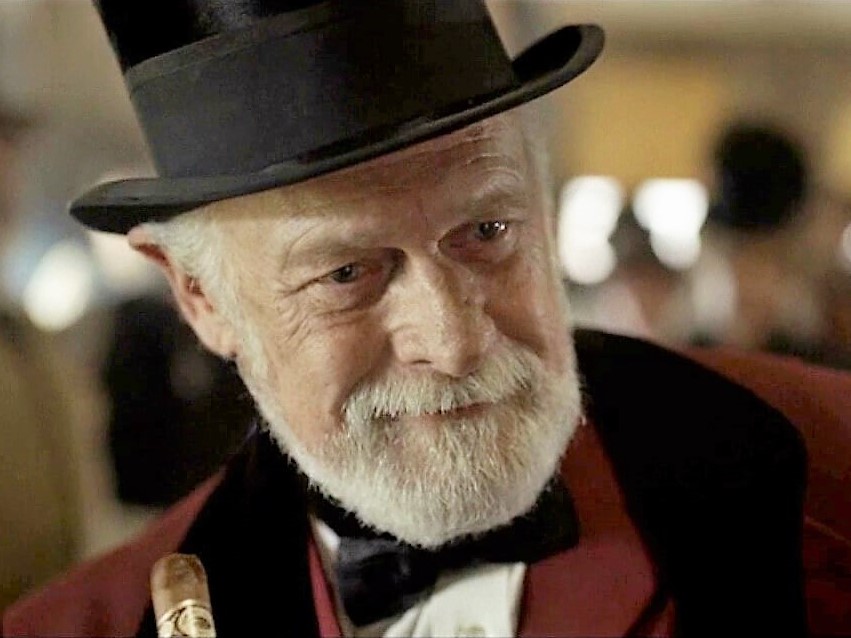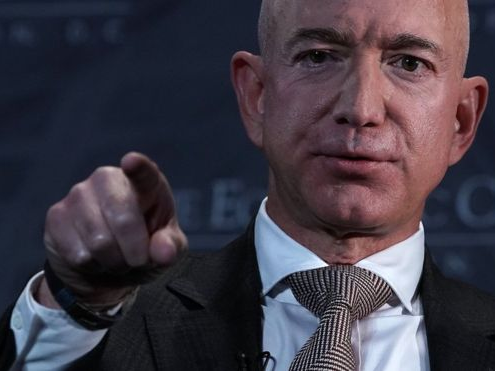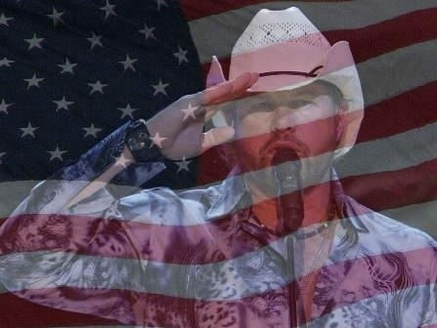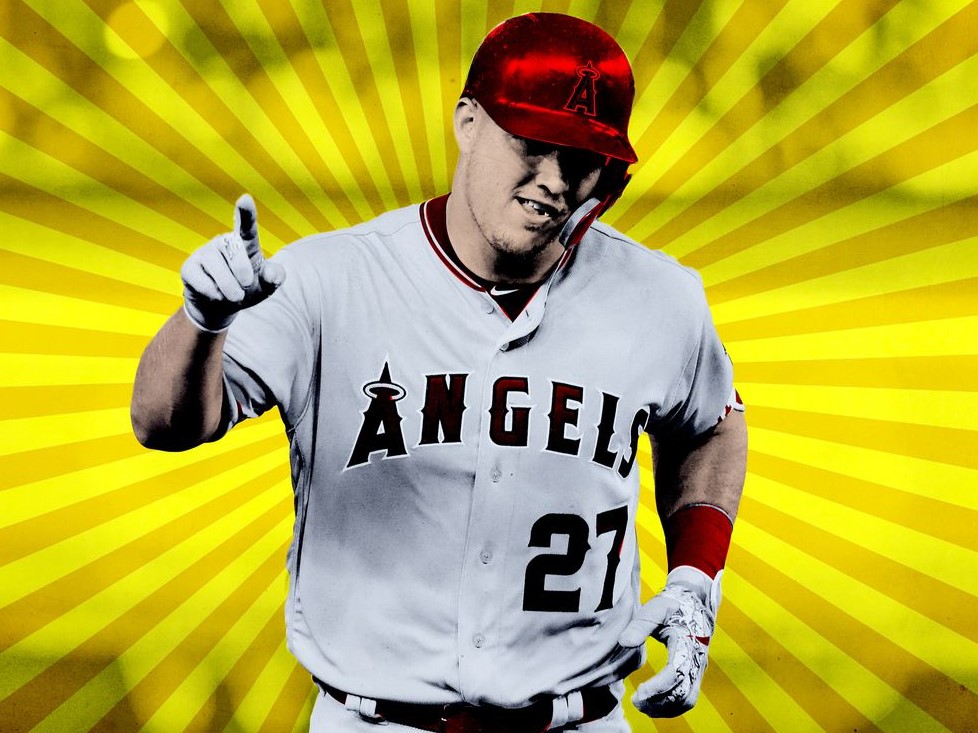All Epsilon Theory Content
Everything we have published at Epsilon Theory since 2013, an archive of more than 1,000 evergreen notes.
This isn’t a note about Facebook. It’s a note about online brokerage fees. And it’s a note about Facebook.
As a consumer … don’t cry for Argentina, and don’t cry for the online brokerages who are taking their commission fees down to zero. As an investor in or an employee of ANY financial services company, on the other hand … maybe it’s time for a good cry and a hard look at your future prospects.
“Yay, free!”
Yes, Deadwood is the greatest HBO series ever. Don’t @ me. I’m not having it. David Milch is MY President.
And while Al Swearengen is the greatest character of that greatest show, the fact is that it’s another character – George Hearst – who drives the narrative arc for the entire series (and movie).
You see, Deadwood is a show about property rights.
So is the Argentina – IMF show.
Overnight repo is where the interest rates that central banks SET meet the interest rates that real economic actors USE.
So what happens when the setting of interest rates becomes a disembodied symbol of governmental will rather than a clearing price of money in the real world? This.
It’s a new Common Knowledge about central banks, and it changes EVERYTHING.
ET contributor Demonetized channels his inner Paul Atreides to look at possible market futures – The Great Jihad, The Great Reset, and The Zombiefication of Everything.
Because at its core, “Dune” is all about narrative.
It’s the most internally consistent Zeitgeist we have seen in 2019. And it just happens to be consistent with everything we’re reading in political / electoral news.
What happens when profitless-growth-forever narratives start breaking?
We need a new drug.
The asset management industry has been dying a slow death for decades, but never seems to, you know, die.
Why?
As Bill Simmons used to say, “yep, these are my readers.” He meant it as a joke after a silly email, and that’s how I’ve used it in the past, too. But no silly or funny emails today. Just Clear Eyes and Full Hearts. Because … you know … can’t lose.
Yes, these are OUR readers, and this is OUR Pack, and this is OUR platform for thought and action in service to that Pack.
Watch from a distance if you like. But when you’re ready … join us.
Robert Shiller’s new book, “Narrative Economics”, will be out soon, and the publicity effort is kicking into gear. I am SO HAPPY that the rigorous study of narratives is finally being taken seriously, and grateful to Shiller for making that happen.
I am also SO DEPRESSED about how Shiller’s central metaphor, that narrative = infectious disease, will be used against us. Because the “cure” is the Nudge.
I’m not sure if electric buses are really a national security risk. Even if they are, I’m not sure characterizing them that way is really an escalation of the trade war into existential rhetoric land.
But it’s worth watching.
In an orchard, it isn’t always easy to tell the difference between rust and blight. The same goes for our cultural institutions.
Some should be pruned.
Some should be ripped up root and stem.
It’s not always easy to know which. But if we want our sons and daughters to sit in the shade of our trees, we must learn.
It’s time to start a fire. To burn, yes, but also to illuminate.
My advice? Abandon the political party as your vehicle for political participation.
My alternative? Find your Pack.
My platform? Make – Protect – Teach.
What does it mean when it becomes common knowledge that other investors are focused on evaluating common knowledge?
Is there a bubble in passive investing? Honestly, I’m not even sure what that question is asking.
I DO think there’s a bubble in markets today – a behavioral bubble I’ll call ABB.
Always. Be. Buying.
And the Common Knowledge around passive investing is what blows this bubble. That’s MY secret.
In modern farming and in modern investing, we have become prisoners of the monoculture. It’s efficient. It’s necessary for a mass society of ever-increasing Desire.
But here’s the thing …
In the investment monoculture, you’re not the farmer.
In both baseball and in investing, we need an all-purpose test of excellence, not just for identifying MVPs like Mike Trout, but for seeing how all of us mere mortals stack up.
ET contributor David Salem makes the case for an investing corollary to baseball’s Wins Above Replacement (WAR). It’s a defense of value investing, but with a twist.
There are four non-exclusive Occam’s-razorish explanations for Bill Dudley’s recent article inciting the Fed to get involved in the 2020 election:
A) Bill Dudley is a technocratic fascist.
B) Bill Dudley has lost his mind. In a sad clinical sense.
C) Bill Dudley is a MAGA sleeper agent.
D) Bill Dudley is Leeroy Jenkins.
IT’S A DISASTER. IT’S A CATASTROPHE. IT’S A PERFECT STORM. It’s today’s Zeitgeist.
It’s the August 27th edition of Office Hours! In which political, economic and markets nihilism are the order of the day.


















